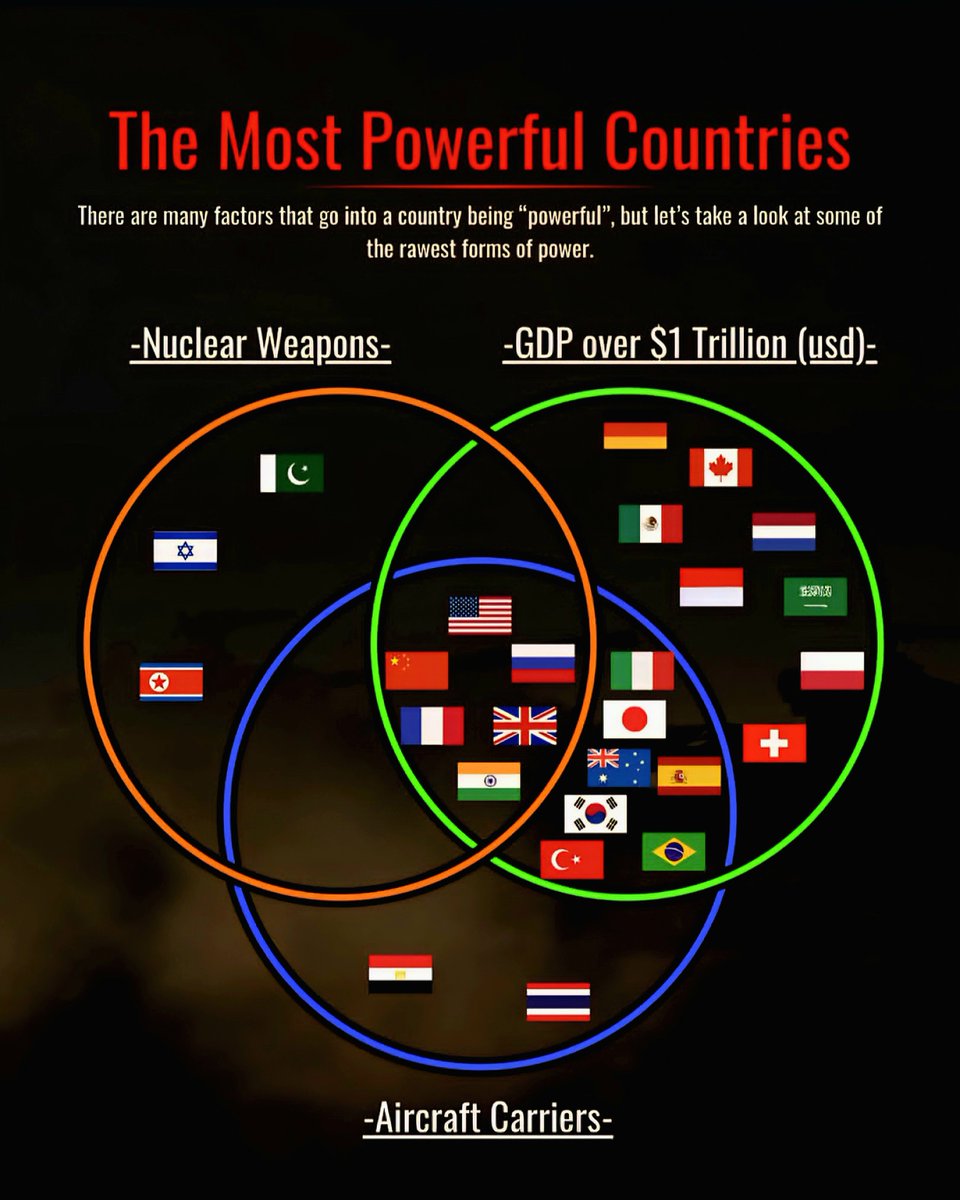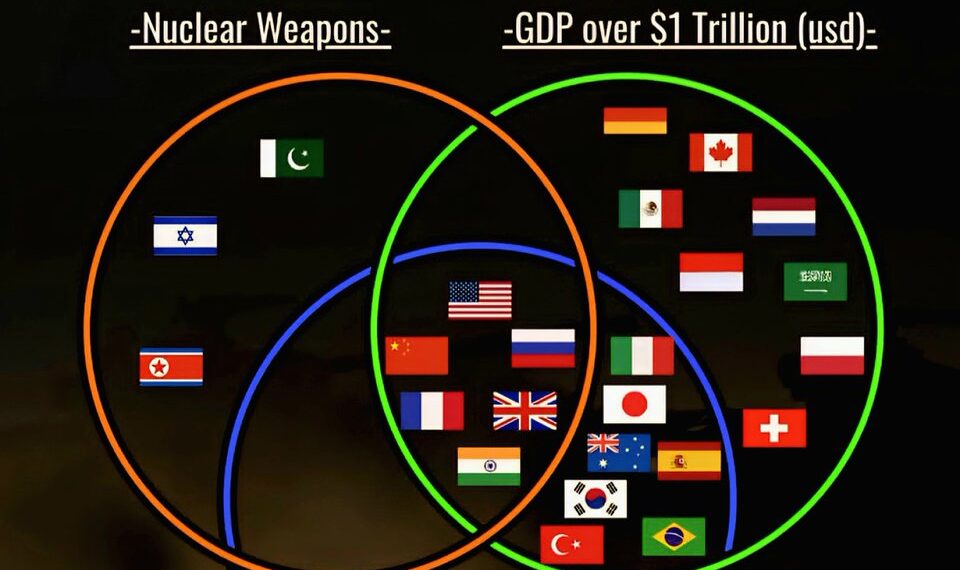Select Language:
Top 10 Most Influential Countries in 2025

1. United States: Still the Global Superpower
The United States maintains its position as the world’s leading influential country in 2025. With its unmatched military capabilities, technological innovation, and economic strength, the U.S. continues to shape international policies and global markets. The country’s leadership in AI research, space exploration, and cybersecurity keeps it at the forefront of technological advancement. Its diplomatic influence extends through extensive alliances such as NATO and strategic partnerships across Asia, Europe, and the Americas.
2. China: The Rising Eastern Giant
China has solidified its status as a global powerhouse, driven by impressive economic growth and technological developments. Its Belt and Road Initiative has expanded China’s influence across Asia, Africa, and parts of Europe. In 2025, China leads in renewable energy technologies, 5G deployment, and artificial intelligence. The nation’s expanding military capabilities and strategic investments in global infrastructure projects continue to shape geopolitical dynamics, challenging traditional Western dominance.
3. European Union: A United and Influential Bloc
The European Union remains a significant player on the world stage, with a combined population exceeding 440 million. Despite internal challenges, the bloc has advanced its climate policies, digital economy, and defense cooperation. Germany, France, and the UK spearhead initiatives that promote stability and innovation. The EU actively engages in global climate change efforts and trade negotiations, reinforcing its diplomatic impact across continents.
4. Russia: Anchored as a Military and Strategic Force
Russia retains its influence through its robust military, extensive natural resources, and strategic geopolitical positioning. The country emphasizes its role in regional conflicts, cyber operations, and energy markets. In 2025, Russia continues to build alliances with countries like India and China, countering Western sanctions and expanding its sphere of influence in Eurasia and the Arctic region.
5. India: An Emerging Power with Global Reach
India is increasingly recognized as a major global power, fueled by a dynamic economy, technological innovation, and a young population. The nation’s space program, digital economy, and military modernization have propelled it onto the world stage. As a key player in regional security, especially in South Asia, India also leads global discussions on climate change and sustainable development efforts.
6. Japan: A Technological Leader and Economic Powerhouse
Japan maintains its position as a technical innovator, especially in robotics, electronics, and automotive industries. Its strategic alliances with Western nations bolster its security and economic standing. Japan’s leadership in smart city development and renewable energy initiatives demonstrates its commitment to sustainable growth and technological resilience in 2025.
7. Brazil: South America’s Leading Force
Brazil continues to emerge as a regional leader with its expansive natural resources, agricultural exports, and growing tech sectors. Its influence extends through regional diplomacy in South America and participation in climate change initiatives, especially regarding rainforest conservation. The country is also making strides in renewable energy and urban development, reinforcing its position in global affairs.
8. Canada: The North American Stabilizer
Canada’s stable political environment, vast natural resources, and progressive policies make it a key player in North America. It plays a vital role in climate change negotiations, peacekeeping missions, and economic collaborations within the G7 and beyond. Its leadership in clean energy and indigenous rights continues to shape its international reputation.
9. South Korea: The Innovation Hub of Asia
South Korea remains a tech giant, leading innovations in semiconductors, mobile technology, and AI. Its proactive diplomacy with neighboring countries and involvement in global supply chains bolster its influence. The country’s advancements in sustainable urban development and green technology further position it as an influential Asian power in 2025.
10. Australia: The Strategic and Natural Resources Powerhouse
Australia leverages its abundant natural resources, including minerals and energy exports, to maintain economic strength and geopolitical influence. Its strategic alliances with Western nations, including security cooperation in the Indo-Pacific, have increased Australia’s regional influence. The country also champions climate initiatives focused on ocean and marine conservation.
In 2025, these nations lead the world in influence, shaping international policies, economic developments, and technological innovations. The shifting dynamics reflect a multipolar world where collaboration and competition define the global stage.







